If you are looking for an air filter for your HVAC system, you might have stumbled across the name Carrier, a brand that makes filters of many different sizes and types. It is essential to clean or replace your HVAC filter regularly to improve comfort and protect your air conditioner’s lifespan.
Types of Carrier Air Filters
The determining factors for a filter’s lifespan are the quality and the type of the filter. You should change your air filter every 30 days to once a year, depending on its material.
Carrier Fiberglass Filters
Some Carrier air filters are made of fiberglass, the least expensive type of filter. Fiberglass filters are made from spun glass. However, due to their MERV (minimum efficiency reporting value) rating of four or five, you must change fiberglass filters every month. MERV ratings can be between 1 and 16, with 16 providing the best filtration.
Fiberglass filters are typically about 1” thick and provide basic filtration. Being disposable filters, they may not be particularly good for the environment due to the frequency they should be replaced. In addition, if you are suffering from allergies, fiberglass filters offer little protection from pet dander and small particles.
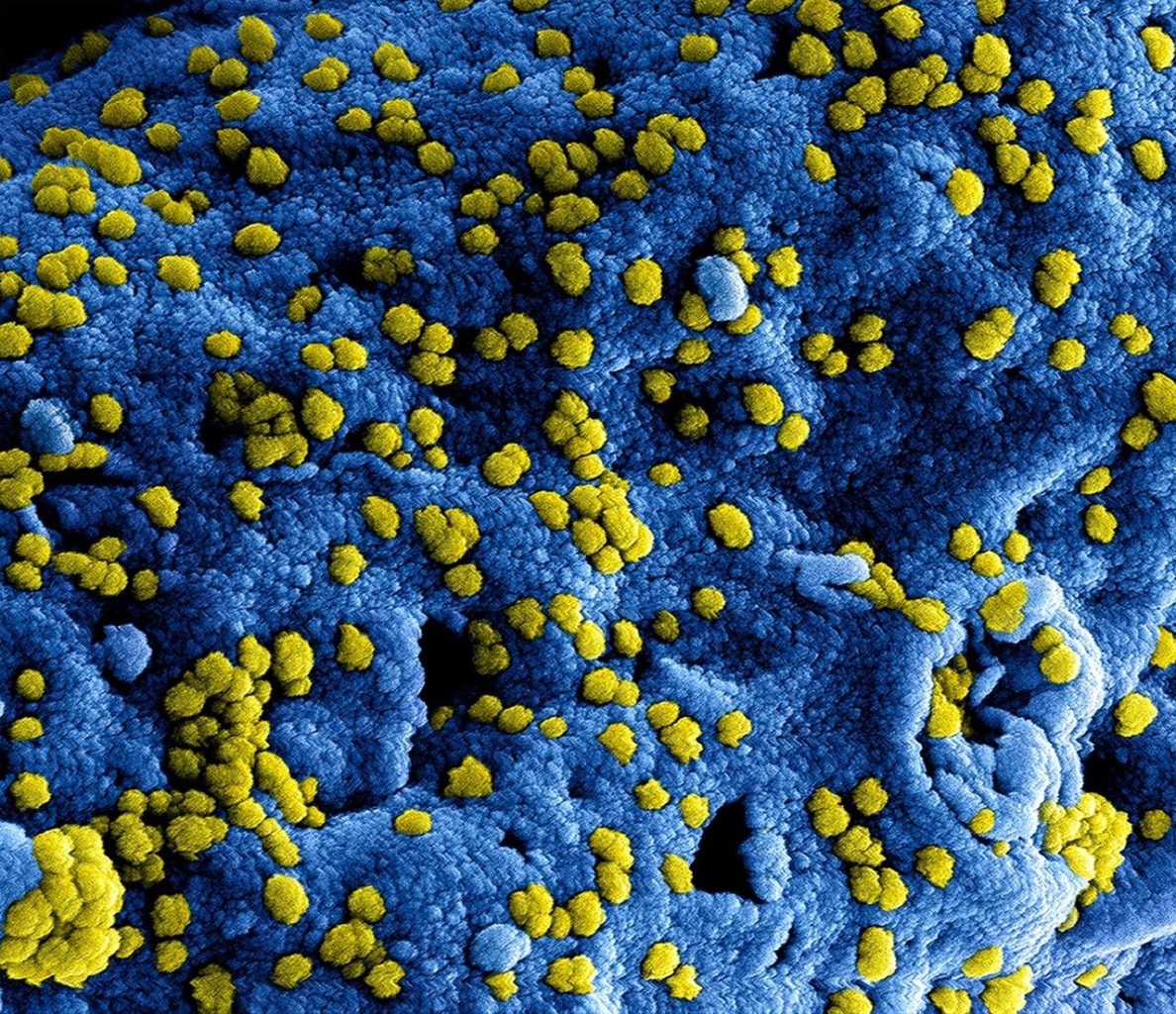
Carrier Polyester/Pleated Filters
Carrier pleated filters are available in different widths and are made of cotton and polyester. The pleats increase the surface area for better filtering and can trap pollutants and small particles such as mold spores and pet dander.
Pleated filters have a MERV rating of around seven or eight and need to be changed every three months. They are generally priced higher than fiberglass filters.
Carrier Washable Air Filters
Washable air filters are less common. However, they are more effective at filtering airborne particles that build upon their surface. Washable air filters do not need replacement but are to be removed, cleaned, and then placed back into the HVAC system every few months. Go here to learn why.
HEPA filters
According to the US Department of Health, HEPA filters can remove 99% of the debris in your home. With a 16 MERV rating, HEPA filters can remove even the tiniest pollutants from the air. While they are more expensive than other filters, they will last longer.
On the other hand, they are more suited to industrial settings like hospitals or laboratories and might cause airflow problems for normal AC systems.
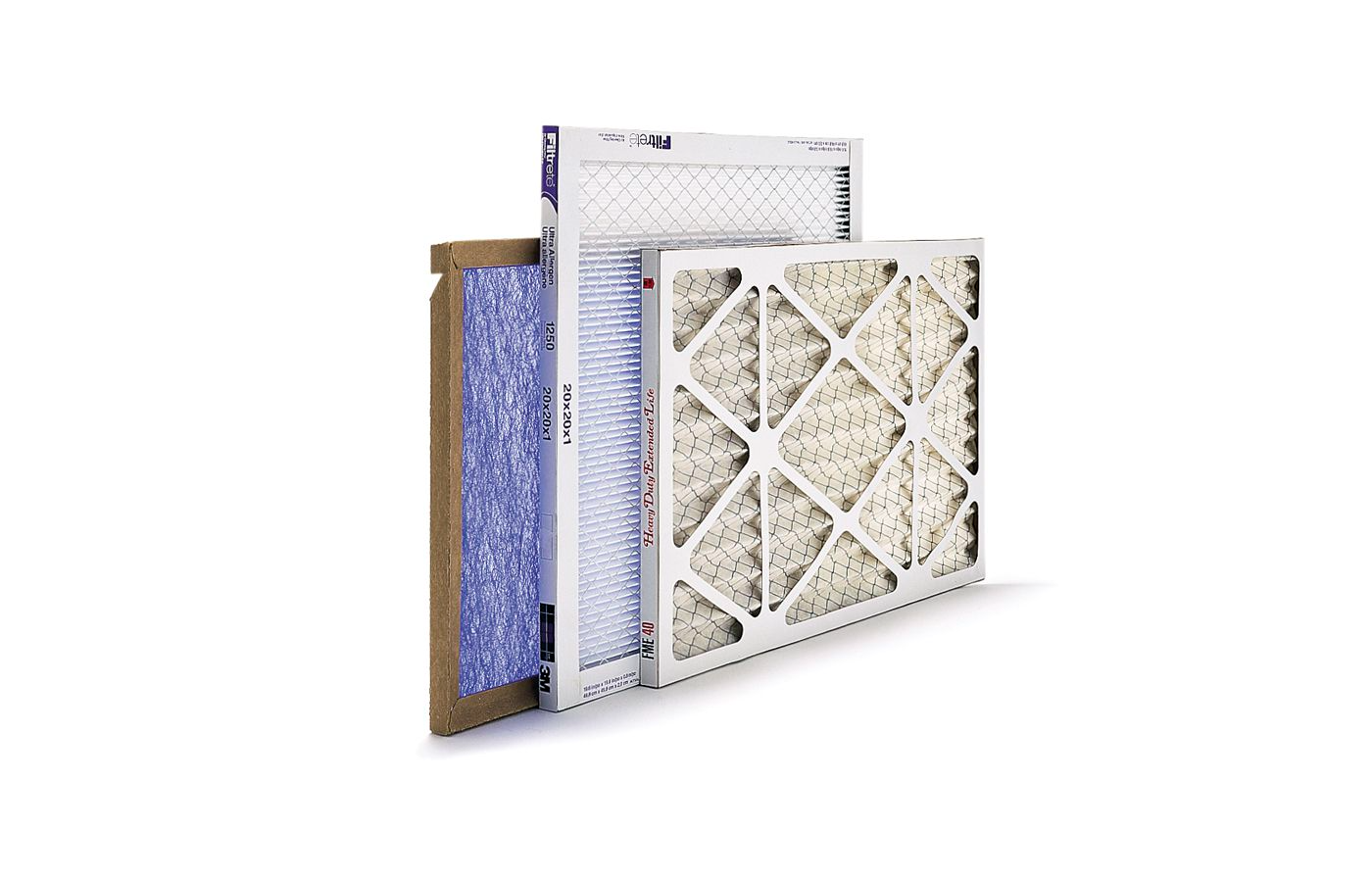
Pros and Cons of Fiberglass Air Filters
When buying a filter for your home furnace or air conditioning unit, you should consider a few factors: price, quality, MERV rating, and how often it needs to be replaced.
Pros of Fiberglass Air Filters
Fiberglass filters are inexpensive, so you could find one that costs a few dollars. They catch larger debris, such as dust and lint. When you first buy a fiberglass filter, it won’t impede airflow, but if you don’t change it monthly, it may become clogged and create issues with your HVAC unit.
Cons of Fiberglass Air Filters
Due to their more porous surface, fiberglass filters do not filter small items such as viruses, pollen, and bacteria. So the less filtering capability makes fiberglass air filters a poor choice for those with asthma, allergies, or other breathing issues.
The materials used to make fiberglass filters cannot be recycled and are not biodegradable, so you will be sending more trash to the landfill as you may need to change the fiberglass filters every 30 days.
Final Words
Fiberglass filters are a great cost-effective option. However, you should be aware that you will need to replace them once a month or else your AC may break down, or your energy bill may be considerably higher if you forget to do so. Fiberglass filters may cost you more money if you don’t change them on time.
The higher the MERV rating, the more effective the air filter, so always consider the potential health side effects when purchasing an air filter for your HVAC system. According to the National Center for Biotechnology Information, the proper use of air filtration is essential in the environmental treatment of nasal and pulmonary allergies. So, take that into consideration when deciding if fiberglass filters are right for you.











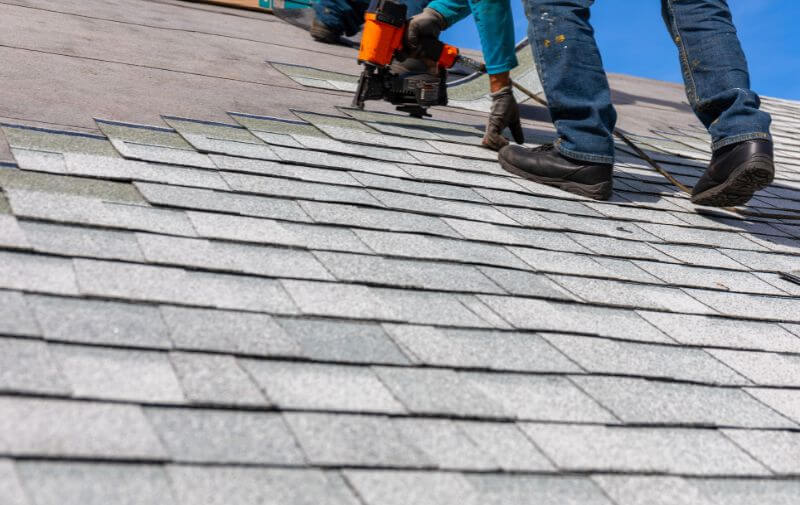
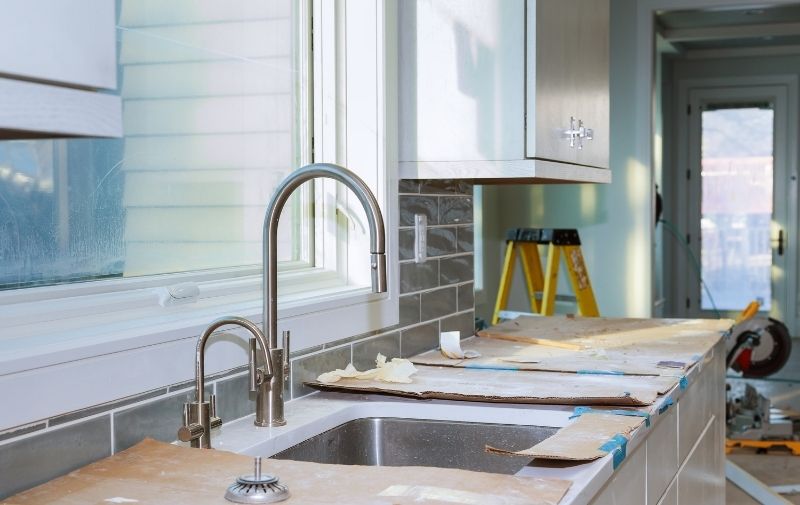

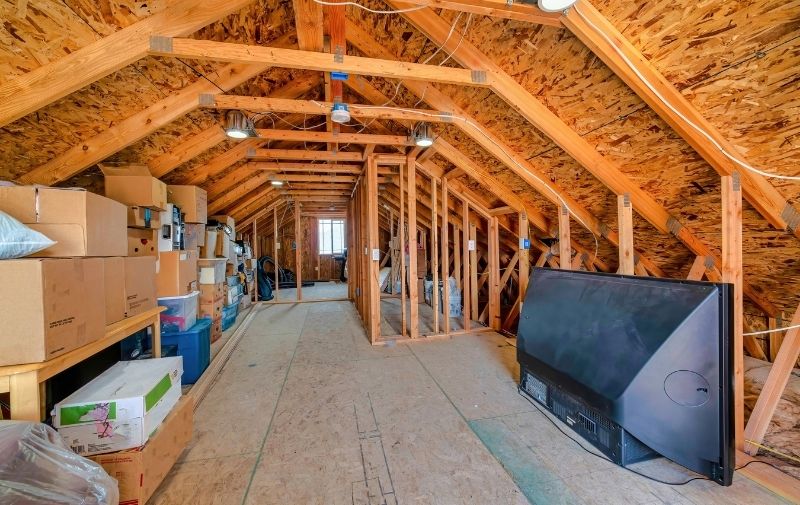
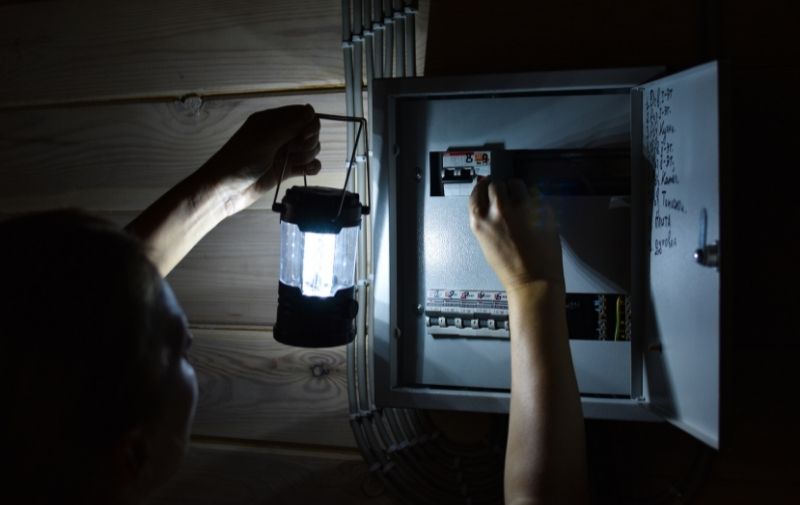
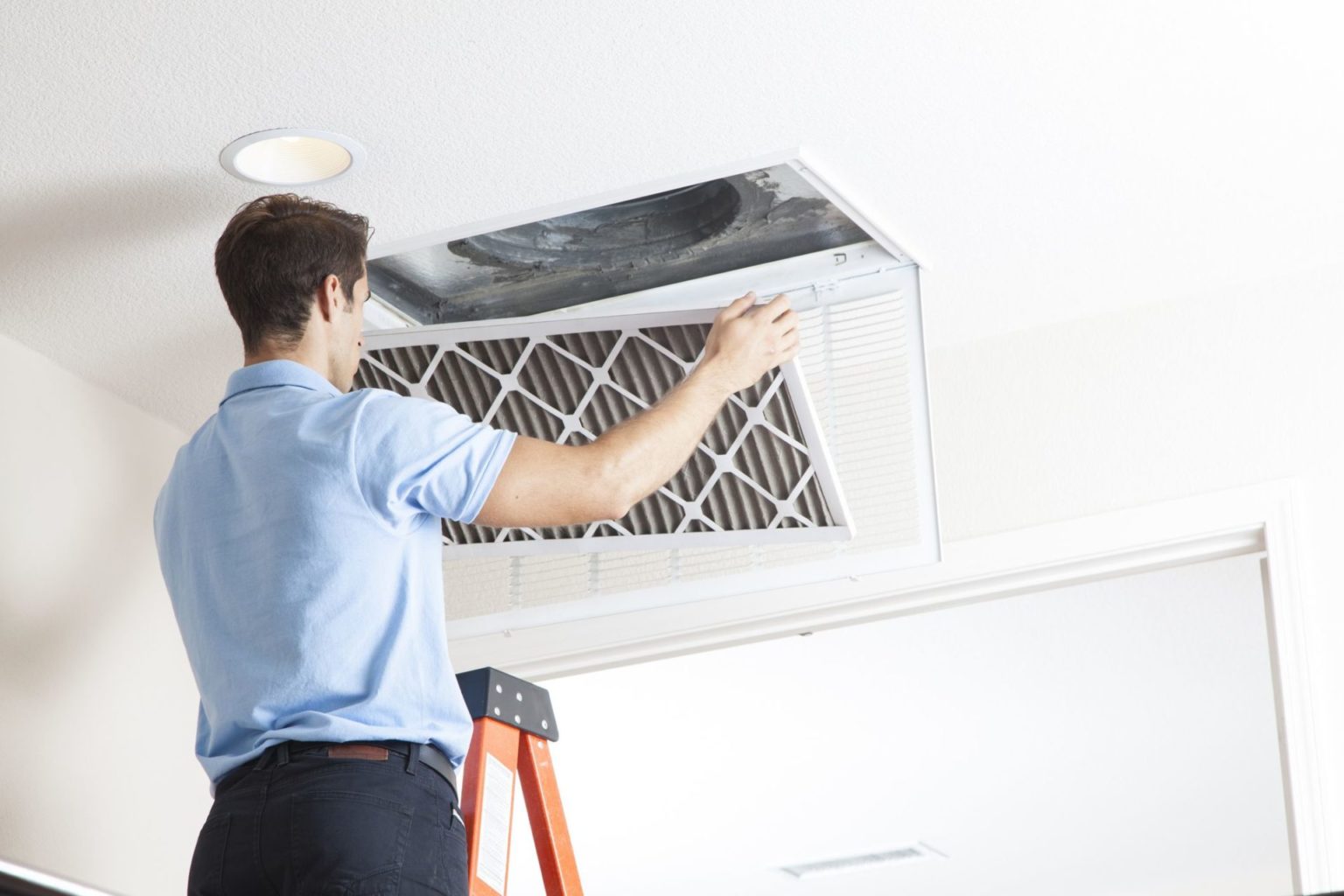



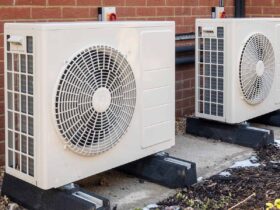
Leave a Reply